Social phobia is a situation in which the person feels excessively insecure in social situations and experiences intense anxiety accompanied by the thoughts of being mocked, rejected and judged by others. In social situations, there is a distinct and persistent fear when an action is required.
People with a diagnosis of social phobia try to avoid these situations as much as possible.
If your professional job requires intense social communication, everything you do to avoid social situations may negatively affect your success. Eating and drinking in front of others, talking on the phone, signing, arguing can cause intense anxiety. Another symptom is the inability to look into the eyes of the person who spokes. Sometimes even the thought of “being the center of attention”, which can be very attractive for many people, can be wearing out. Moreover one of the thoughts that increases the anxiety experienced is the fear that “this situation” will be noticed by other people and made ridiculous. The decline in their self-confidence and self-esteem makes people with social phobia hypersensitive and intolerant of rejection and negative evaluation.
Who Is It Seen?
Social phobia is the third most common mental disorder after depression and alcoholism. Social phobia rate is between 7 and 8% of the general population. The prevalence of this disease is around 2.3% in women and 1.1% in men. Most of the studies reveal that social anixety more common in women than men. In clinical studies, it is noteworthy that social phobia is equal rates in both genders or that men are in the majority.

There are two types as “specific (private) and common (general) social phobia”. Specific (Private) one is experiencing fear only in certain situations, such as speaking in public. In common social phobia, the person feels restless, anxious and nervous in almost all social situations. When distinguishing according to the social phobia subtype, there is information that the common type starts at an earlier age. Although social phobia varies according to its subtype, it begins between adolescence (10-17 years). The age of onset is less than 10 in 40% of patients. In 95% of patients, the onset is below 20. There are studies showing that children with school phobia may be more likely to develop social phobia in the future. It can lead to complete social loneliness, this loneliness can also bring other mental illnesses.
Factors in the Occurrence of Social Phobia
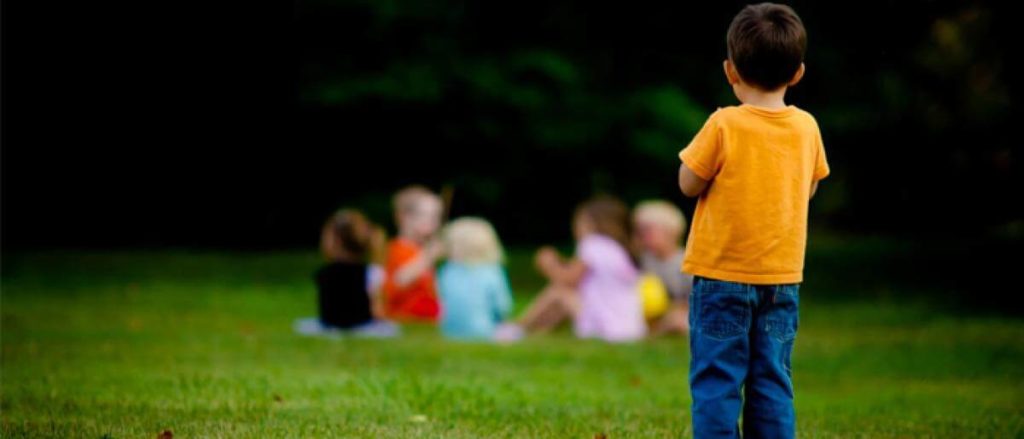
Many factors are effective in the formation of social phobia. Additionally, it has been determined as a result of some studies by researchers that biological, psychological and environmental factors are effective in the development of social phobia. Examples of these factors are:
Genetic predisposition (heredity): Having someone with it in their relatives or family increases the likelihood of developing social phobia.
Serotonin imbalance or low: It is the most important cause of it. In cases where the serotonin balance is disturbed, serotonin cannot function as a neurotransmitter and cannot provide communication between nerve cells, and thus information cannot be transmitted in the brain as it should, causing anxiety.
Personality Characteristics
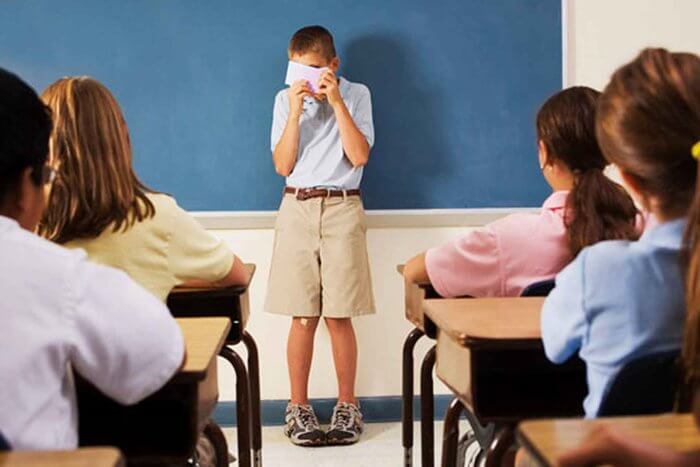
- If parents raise their children in a strict, non-emotional manner, but in a controlling, rejecting and overprotective manner, the children cannot learn some social skills that they should learn in the normal development process apparently,
- Sometims Parents have high expectations from the child and the child is punished if the child does not meet the expectations,
- Bad experiences with other people in a social environment before, that is, social phobia whose mental infrastructure has been prepared before (such as being disgraced, humiliated, excluded, humiliated),
- Some events (such as death, separation) that are important in human life and cause distress and sadness to the person.
Psychological Symptoms of Social Phobia

- Worrying excessively days, weeks, or even months in advance of social status
- Excessive fussiness and anxiety, even in everyday communities
- Fear of embarrassing or humiliating yourself
- Fear of others noticing that you are nervous
- Avoiding social situations that will negatively affect your life
Physical Symptoms of Social Phobia
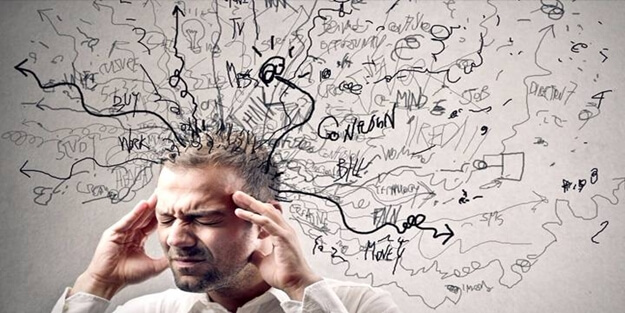
- Heart Palpitations Or Chest Tightness
- Trill
- Rapid Breathing, Difficulty Breathing
- Sweating Or Hot Flashes
- Nausea, Stomach Problems
- Dry Mouth
- Muscle Strain
- Flushing
- Dizziness, Feeling Faint
- Moist Hands
- Severe Headaches
How to Treat a Social Phobia
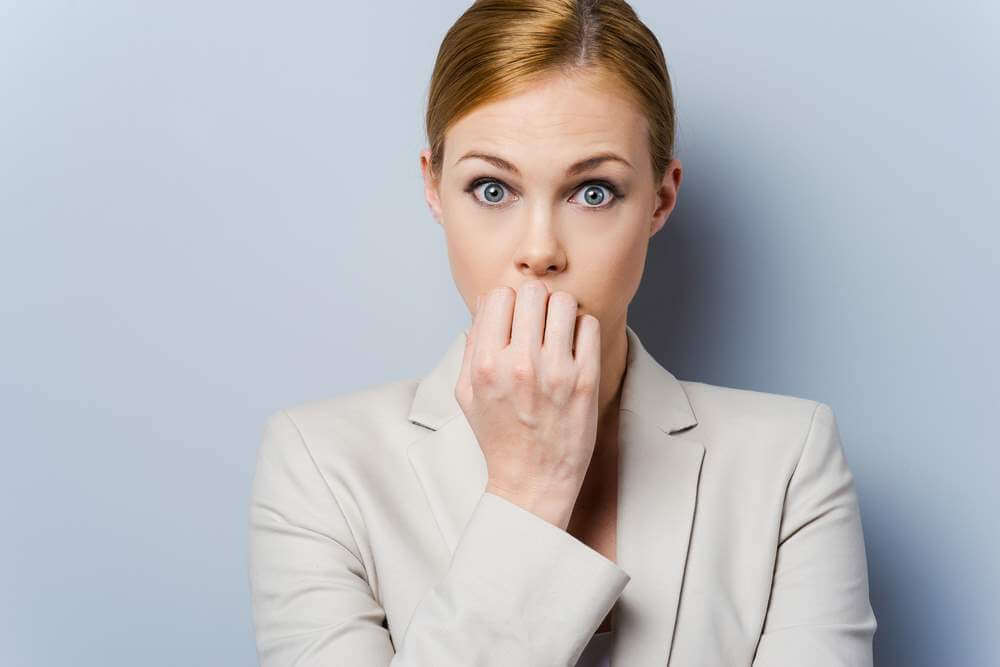
First of all, it should be accepted that Social Phobia (anxiety) is a disease. It is a treatable disorder in which it is possible to return the person to their normal life level of shyness and shyness, although it is not possible to completely change the personality though. On the other hand, a strong option for the treatment of social phobia is a combination of cognitive-behavioral and drug therapies. Depending on the patient’s condition, sometimes psychotherapy alone and sometimes drug therapy, but in general, the success is higher when both are applied together.
Finally, the most common form of therapy for social phobia is “Cognitive and Behavioral Therapy”. In cognitive therapy, there are stages such as recognizing feelings of phobia and bodily reactions to this anxiety, understanding what thoughts are in situations that cause anxiety, and developing coping strategies against them.
It usually does not go away on its own without treatment and impairs the person’s quality of life. In general, people with this disease need the help of a specialist to get rid of this situation.



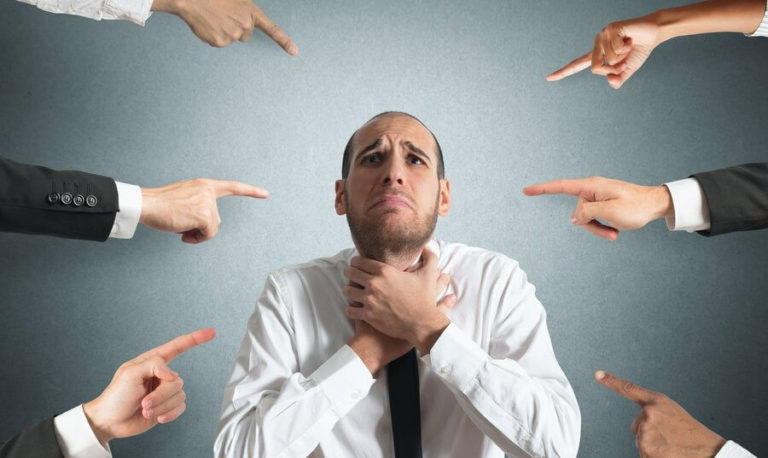
0 Comments